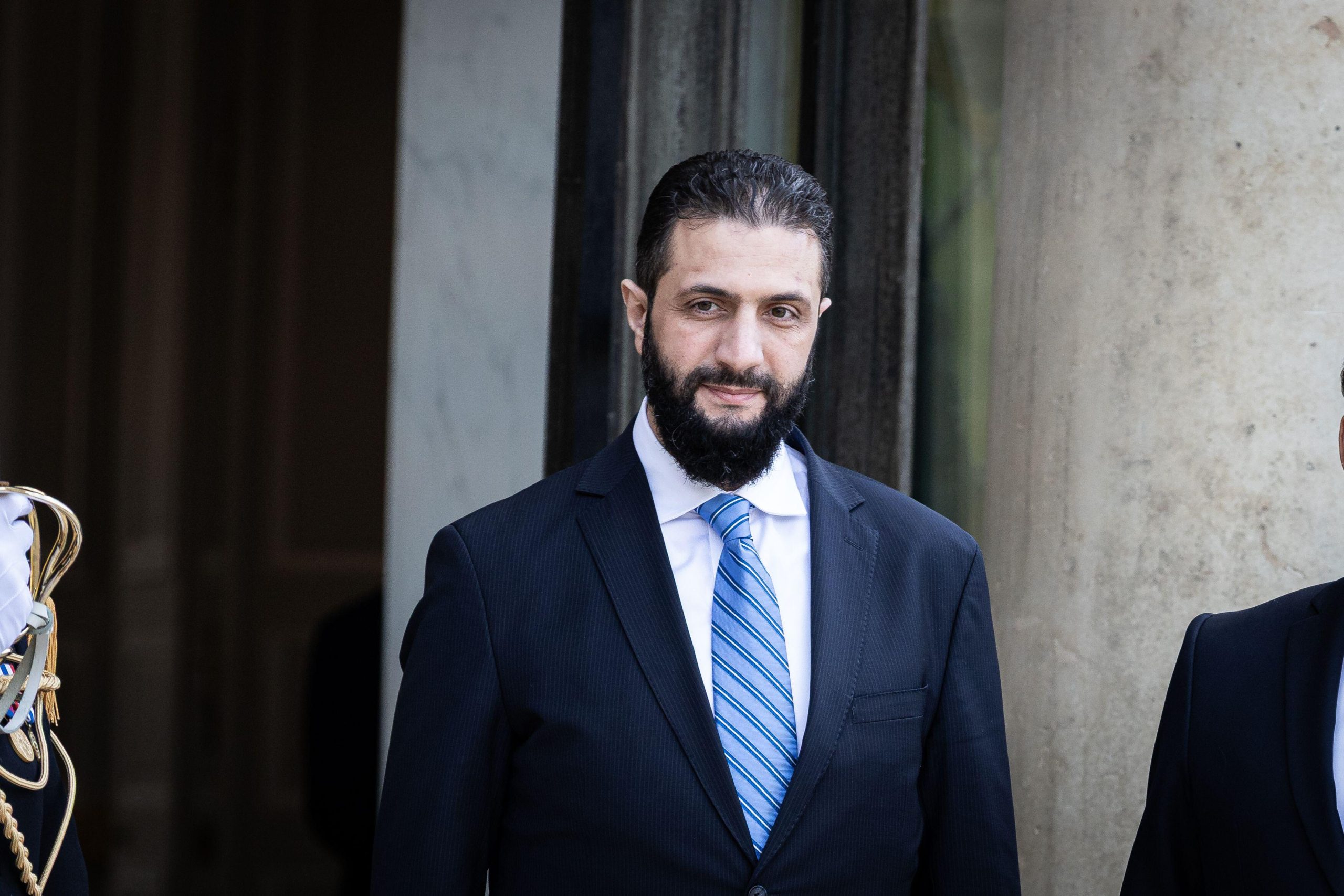 The imprisonment of Roxana Saberi for ‘espionage’ is the act of a government obsessed with controlling the media, says Omid Memarian
The imprisonment of Roxana Saberi for ‘espionage’ is the act of a government obsessed with controlling the media, says Omid Memarian
American-Iranian journalist Roxana Saberi was sentenced to eight years in Iran’s notorious and feared Evin prison last weekend. She had been arrested in January by Iranian authorities. Her family was initially told it was for buying a bottle of wine, illegal under the country’s Islamic laws. It later emerged she did not hold a valid press card, required by law and issued by the Ministry of Culture and Islamic Guidance. The charge was then changed to espionage, of which she was found guilty.
Roxana Saberi’s limited access to her lawyer, a trial with no transparency, her sound reputation as a journalist, and the Iranian government’s long history of abuse of its citizens are all reasons to believe Ms Saberi is innocent, another victim of the government’s obsessive efforts to close the channels of communication and repress freedom of speech.
Foreign journalists in Iran face severe restrictions, which limit their ability to report accurately. Visas can take months to acquire, and if the government disagrees with the views of a foreign journalist, they are effectively banned from the country.
Many news agencies now employ dual nationality Iranian journalists, such as Roxana Saberi, who can speak Farsi, which allows a greater accuracy in reporting. They are not subject to the same restrictions as single nationality Iranians, nor are they as easy to banish as non-Iranian journalists.
Saberi’s arrest and harsh sentencing can be interpreted as a government warning to other dual nationality journalists not to step out of line. The arrest of other journalists and academics of dual nationality, such as Dr Haleh Esfandiari, Esha Momeni and Ramin Jahanbeglou ,show that the Iranian authorities are trying to intimidate its citizens and press. There is now fear amongst journalists who have any connection with foreign media.
Many people in Iran, and throughout the world, believe Roxana Saberi is innocent. Few have trust in a government that routinely sends journalists and bloggers, such as Hossein Derakhshan, to prison on baseless charges. Iran is also accused of torture and aggressive persuasion tactics to force prisoners sign false confessions.
With two months left until Iran’s presidential elections, President Ahmadinejad’s government is intensifying control over journalists who report for foreign agencies. Many dual nationality citizens are concerned about going to Iran to cover the elections because of the fear of arrest and torture by the authorities.
Roxana Saberi is not the first, and unfortunately will not be the last, reporter to face charges of espionage. Ninety per cent of journalists imprisoned in Iran face similar charges. Iranian’s judicial system lacks credibility and trust and Iranian prisoners are treated as free speech heroes around the world and by Iranians themselves. This should be an alarming warning for the government.
Iran’s international reputation is already dramatically under fire, especially given this week’s events at the Durban II UN Conference on racism in Geneva. The fact that the Saberi trial took just a few hours to reach a verdict shows the political motives behind this case. If the government truly believed in Roxana’s guilt, they would have widely publicised the capture of a ‘spy’ to embarrass the United States and western countries, and show their toughness and competence in facing foreign threats. Instead they have backtracked, with public claims they want a quick and fair trial for Roxana. As somebody who has experienced a similar situation to Roxana, I do not believe them.
Omid Memarian was arrested in Iran in 2004 for ‘spreading propaganda against the regime’. He received Human Rights Watch’s Human Rights Defender Award in 2005. He is now a Rotary World Peace Fellow at the Graduate School of Journalism, Berkeley, California.
http://omidmemarian.com/





